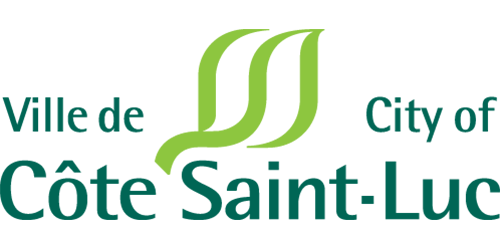The City of Côte Saint-Luc is concerned by recent comments from Quebec’s Minister Responsible for the French Language who stated he is considering changes to the Charter of the French Language that may lead some municipalities to lose their right to offer services to residents in English.
“We shall mobilize with all municipalities and borough with bilingual status to prevent any attempt by the Quebec government to interfere in the way we communicate with our residents,” said Côte Saint-Luc Mayor Mitchell Brownstein. “We know our residents best and understand their needs.”
About 7.5 percent of Quebec municipalities have bilingual status. Minister Simon Jolin-Barrette is considering changes that would have the effect of potentially taking away bilingual status from half of them.
Since 1977, it has been illegal for municipalities in Quebec to generally communicate with its residents in English—unless it got an exemption, which was called “bilingual status” and was meant to be permanent. Bilingual status gives the municipality permission to erect public signage and issue communications in English. French communication remains mandatory, regardless of bilingual status.
That municipalities would need permission to communicate with residents in a minority language is unusual in liberal democracies. Either states allow cities to decide for themselves what languages to use, or else force cities to serve people in the minority language once a threshold is reached, such as in Finland for their Swedish-speaking minority. But in Quebec, cities need special permission to service residents in English.
“We are not asking the government to expand the number of municipalities that can offer services in English,” said Mayor Brownstein. “We are merely asking it to maintain the status-quo and allow municipalities with bilingual status to decide for themselves whether to offer services in English.”
In 2013, the Parti Québecois government tabled legislation to take away bilingual status in much the same way as Minister Simon Jolin-Barrette is suggesting. At the time, the CAQ opposed the provisions of Bill 14. In a summary document prepared by the then PQ government, the CAQ position is that cities themselves should have a veto on changes to its bilingual status. We urge Minister Jolin-Barrette to review the CAQ’s previous position.
« La CAQ exige que le comité consultatif soit composé de 3 membres issus de la municipalité en instance de perdre son statut de ville bilingue. Le comité devrait faire rapport à la municipalité elle-même plutôt qu’au gouvernement, ce qui consacrerait un droit de veto à la municipalité. »
Source : http://www.mifi.gouv.qc.ca/publications/fr/divers/Annexe_Synthese_discussions.pdf
When the Charter of the French Language was originally adopted in 1977 by the Parti Québecois government there was strong opposition from many quarters, particularly from within Quebec’s non-francophone communities. As such, in order to try to mitigate the fears of the non-francophone communities certain municipalities, hospitals, educational institutions and other institutions that served a majority of persons whose language was other than French were recognized under what (at the time) was known as Section 113(f) of the Charter of the French Language. This allowed them to be exempted from certain rules that applied to other institutions following the adoption of the Charter of the French Language.
>> Read Mayor Mitchell Brownstein’s op-ed in The Gazette, May 11, 2021
